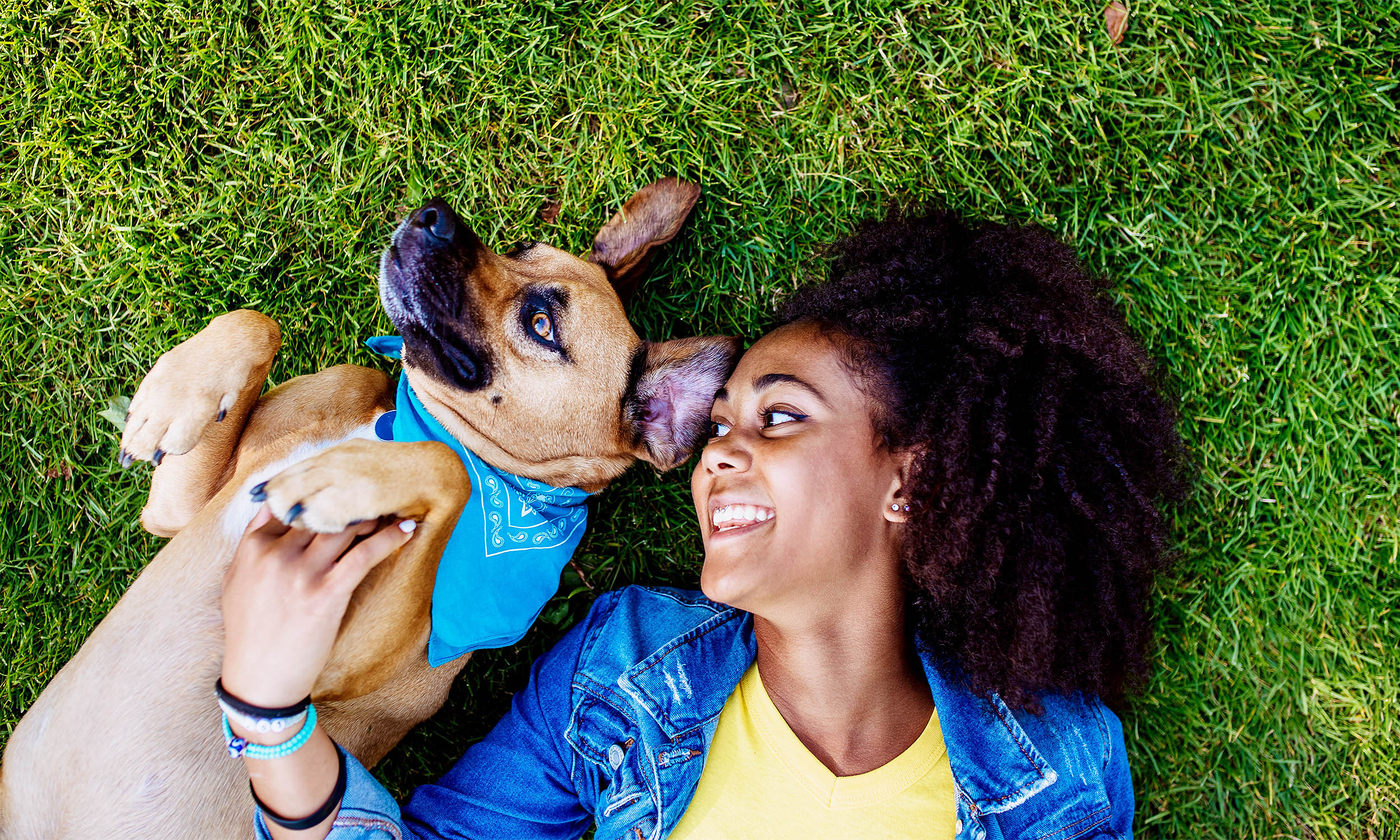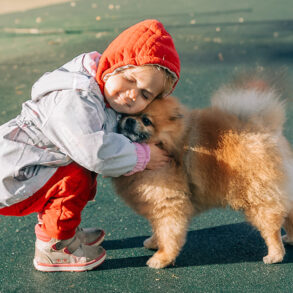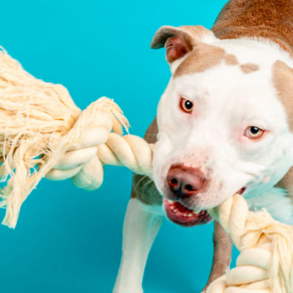
A fascinating piece of research has opened the conversation about the influence of parenting style on dog-ownership practices.
What if the way your parents brought you up could determine how you treat your dog? According to this new study, it does, indeed, all boil down to your own childhood and how you were raised.
From child to dog owner
The researchers examined the upbringing of 391 dog owners in the UK and US.
Each participant contributed by completing an online survey, which quizzed them on the parenting styles they experienced as children and how they presently care for their canine companions.
One might think, what does human parenting have to do with how one treats their dogs? Well, surprisingly a lot.
The results suggested a distinct correlation. Participants who experienced a permissive parenting style — characterized by high warmth and low discipline — were more likely to replicate this approach with their dogs.
Now, what does permissive parenting look like?
Permissive parents are typically liberal, shying away from strict rules, and allowing a significant level of freedom in decision-making.
They are nurturing, attuned to their children’s needs, but often miss the mark when it comes to providing direction and structure.
Authoritative parenting for dogs
On the other hand, an authoritative parenting style demonstrated the opposite effect. Participants raised in such environments were less likely to be permissive dog owners.
Authoritative parenting leans heavily on clear rules, high expectations, and consistent discipline. It fosters independence while maintaining an open line of communication.
The focus here is more on obedience than understanding, and parental authority is of utmost importance.
The big question is, does this dynamic translate to their relationship with their dogs?
Orientations of dog owners
“This study explores how parenting styles towards dogs are influenced by experiences in one’s own upbringing.”
“We found that a permissive parenting style tends to be passed down across generations, with individuals who experienced it growing up being more likely to use it with their dogs,” the researchers from Universities of Glasgow and Stirling said.
And there’s more. The research not only analyzed parenting styles but also the attitudes and orientations of dog owners.
Some owners displayed a ‘protectionistic’ orientation, emphasizing control and discipline, while others showcased a ‘humanistic’ attitude, focusing on treating dogs more like companions and favoring emotional bonding.
Cultural influence on dog parenting
Cultural background also emerges as a salient factor in shaping dog parenting styles.
Various cultures around the globe possess distinct attitudes towards animal care, which inevitably influence how individuals interact with their pets.
For instance, in Western societies, there is a prevalent trend towards perceiving dogs as family members rather than just animals, which aligns with a more humanistic approach.
These cultural ideologies often go hand in hand with the parenting styles experienced in childhood, further influencing dog ownership practices.
The interplay between cultural norms and parenting styles highlights the intricate web of factors that underpin how we choose to raise and care for our canine companions.
Study implications
The findings of this study open the door to a multitude of implications, especially in terms of promoting responsible dog ownership.
By understanding the profound impact of upbringing on how people treat their dogs, initiatives can be launched to educate current and prospective dog owners about the benefits of various parenting styles.
Encouraging an authoritative style, which marries warmth with clear boundaries, may foster a balanced relationship that includes affection, discipline, and mutual respect between the owner and the dog.
Additionally, these insights can inform the development of training programs that consider personal and cultural history as part of cultivating healthy owner-dog relationships.
As further research continues to unravel this complex dynamic, there is hope for improved pet welfare and enriched human-animal interactions.
Future directions
So, what does this tell us? As fascinating as these revelations are, this is merely the first step. The study has paved the way for further investigation into the link between parenting styles and how we treat our pets.
Until then, perhaps it’s time to reflect on how our childhood may be shaping the way we interact with our four-legged friends.
—–
Like what you read? Subscribe to our newsletter for engaging articles, exclusive content, and the latest updates.
Check us out on EarthSnap, a free app brought to you by Eric Ralls and Earth.com.
—–
This post was originally published on this site be sure to check out more of their content.













































